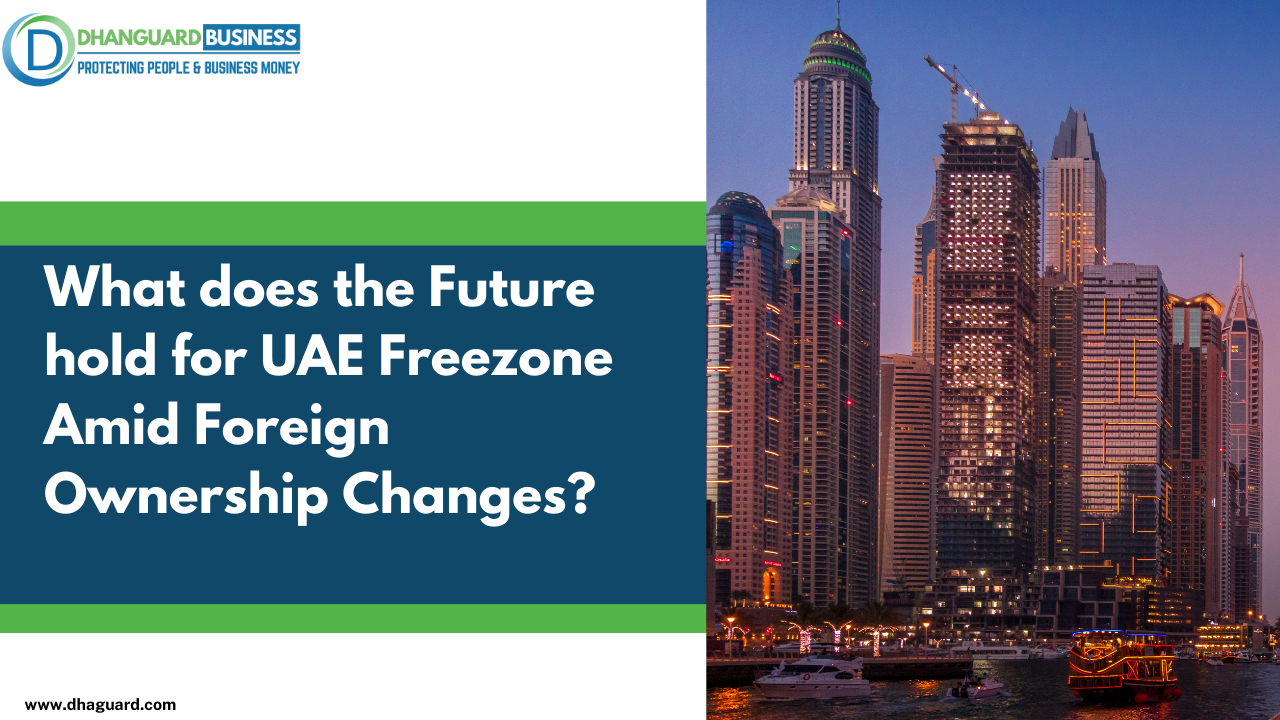The United Arab Emirates has long been a popular location for international businesspeople. It's easy to see why, with low taxes, a strategic location in the center of the world's largest and fastest expanding markets, and a government dedicated to nurturing and supporting industry. While these are the headline-grabbing elements, there is another important reason why so many people rush to the UAE to do business free zones.
What is a Free Zone, exactly?
Free Zones, often known as free trade zones, are economic zones where goods and services can be traded at favorable tax and customs rates. They were initially implemented to encourage international business in the region by providing incentives such as 100 percent foreign ownership of a company. There are 45 free zones in the UAE at the moment.
The UAE's free zones have evolved over time to provide ever-increasing benefits to the firms who operate within them. Many free zones cater to specific industries or business types, such as Dubai Healthcare City, which services the healthcare industry, and Jebel Ali Free Zone Authority, which is immediately linked to the region's major port and thus preferred by import/export businesses.
Future hold for UAE Freezone Amid Foreign Ownership Changes
The Covid-19 pandemic has only been around for a year, but it has already caused a number of changes in the way the world works. One such significant adjustment was recently announced in the United Arab Emirates. The UAE's federal cabinet has agreed to alter the legislation governing foreign ownership of firms in the country.
Do you intend to open a business in the Dubai free zone? If you answered yes, you should be aware of how the upcoming changes to the above-mentioned law would affect the expansion of the country's free zone districts.
What is the Purpose of the Change?
The UAE government announced in November that international investors will no longer be required to form partnerships with Emirati shareholders to own a firm in any of the seven Emirates. Experts believe the administration has made the decision to pursue more foreign investment.
The Actual Reason behind the Change
Oil is a we all known primary source of revenue for each of the seven emirates. The dramatic drop in oil prices has caused a significant economic downturn in this portion of the world. The decision to enable foreigners to own 100% of enterprises located in Dubai and other emirates was made to keep the economy from collapsing further.
The Move's Expected Effects
The change went into force on December 1st, and we'll have to wait a while to see how it affects us. Most experts, though, believe that this is a positive step. The future of the country's free zones is something that many people are concerned about. Those territories used to be the default destination for any international company that wanted to do business in the UAE but didn't have any local shareholders.
Experts believe that the modification will help to reduce rental disparities. Foreign companies looking to build a business in the Dubai free zone may also benefit from decision-making flexibility.
What would happen if the Free Zones were to Close?
The free zones will continue to exist and will continue to house the most successful foreign corporations. However, the free zones may no longer rely solely on enterprises with 100 percent foreign ownership. Because these regions of the Emirates will face a new challenge, we might see them come up with innovative strategies to compete with the onshore.
What to Expect in the Future?
According to insiders, the free zones may begin to offer a broader range of services to enterprises. Changes to its framework and the manner they conduct transactions are also possible. Another strategy they can use to compete with the onshore is to implement rules that allow for tax leniency. In truth, the change of the country's free zone territory will be fascinating.
Benefits of Free zone
Free zones have contributed to make the UAE an appealing alternative for international enterprises wishing to relocate or expand their global footprint, with more than 50 separate free zones across the UAE and many more under development. The following are some of the most typical advantages of doing business in a UAE free zone:
- 100% foreign ownership of the enterprise
- Access to world class logistic facilities
- Availability of a large pool of multicultural, skilled professionals
- Benefits from economies of concentration (given the zones dedicated to industries)
- Ease of recruiting international employees, with all free zones providing one-stop-shop services for work visas
- Tax holidays – usually guaranteed for 15 or 50 years
- 100% import and export tax exemption
- 100% repatriation of capital and profits
- Corporate tax exemptions for up to 50 years
- Eligibility to apply for the UAE Tax Residency Certificate
List of the Freezones in UAE
Here is the following list of freezone to learn which businesses are most likely to prosper, as well as how easy it is to set up a firm in the UAE.
Conclusion
Do you want to start a business in Dubai's free zone without any hassle? If so, get in touch with Dhanguard. We are a company comprised of business setup professionals who will assist you in establishing your company in both the free zone and on the mainland of Dubai.

